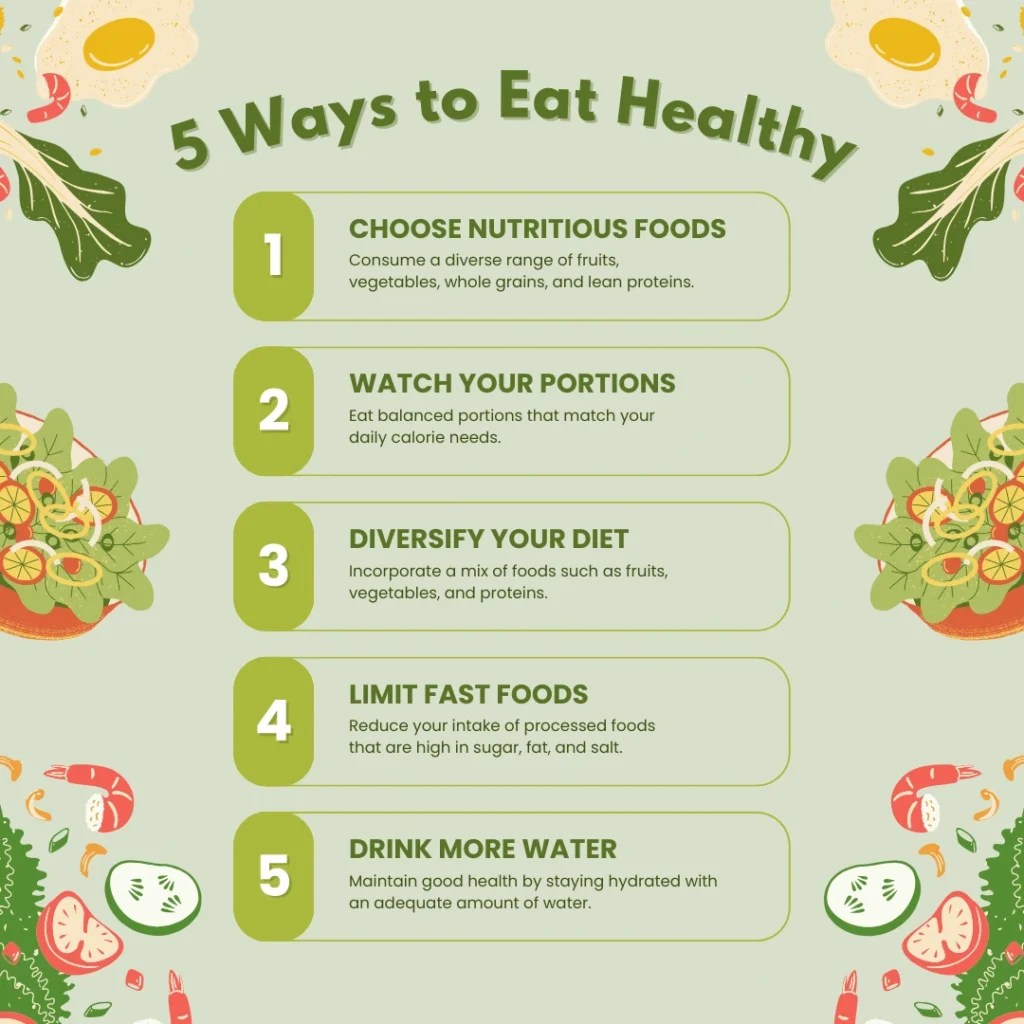Baby Health Calculator
Weight and Height Converters
Convert Weight: Pounds to Kilograms
Convert Height: Feet to Centimeters

Baby Health Calculator: Track Your Baby’s Growth and Wellness
As a parent, your baby’s health and development are your top priorities. A Baby Health Calculator is a convenient tool to monitor your baby’s growth milestones, nutritional needs, and overall health. This smart tool helps you ensure that your little one is on the right track for healthy development. In this blog post, we’ll explain how a baby health calculator works, what it measures, and how it supports your parenting journey.
What Is a Baby Health Calculator?
A baby health calculator is a tool designed to assess various aspects of your baby’s health, including:
- Growth metrics: Height, weight, and head circumference.
- BMI (Body Mass Index): Helps determine if your baby’s weight is appropriate for their height and age.
- Nutritional needs: Provides guidelines for calorie, protein, and vitamin intake.
- Immunization schedule: Ensures timely vaccinations.
How Does a Baby Health Calculator Work?
A baby health calculator requires basic details about your baby:
- Date of Birth: Determines age and development milestones.
- Gender: Male or female growth patterns vary slightly.
- Height and Weight: Tracks growth progress against standard percentiles.
- Feeding Type: Breastfed, formula-fed, or solids for nutritional recommendations.
Based on these inputs, the calculator provides insights into your baby’s health status and growth trajectory.
Key Features of a Baby Health Calculator
1. Growth Percentiles
- Compares your baby’s height and weight to standard charts by WHO or CDC.
- Example: "Your baby is in the 50th percentile for weight," meaning they are average for their age.
2. Nutrition Tracker
- Suggests daily calorie and nutrient intake based on age and weight.
- Example: A 6-month-old might need 600-700 calories per day.
3. Milestone Tracker
- Alerts you to developmental milestones like sitting up, crawling, or walking.
- Example: Most babies sit up unassisted by 6-8 months.
4. Vaccination Schedule
- Lists mandatory and optional vaccines based on age.
- Example: The DTP vaccine is due at 2, 4, and 6 months.
How to Use a Baby Health Calculator
- Input your baby’s details: age, gender, weight, and height.
- Select specific goals, such as tracking growth or creating a nutrition plan.
- Review the detailed analysis and recommendations provided by the calculator.
- Use the results to consult with your pediatrician or adjust your baby’s care routine.
Why Is a Baby Health Calculator Important?
- Tracks Growth Patterns
Helps identify if your baby is growing at a healthy rate or requires additional medical attention. - Supports Nutritional Planning
Ensures your baby receives the right amount of calories and nutrients. - Promotes Timely Checkups
Keeps you informed about vaccination schedules and medical checkups. - Provides Peace of Mind
Reassures parents by offering data-backed insights into their baby’s health.
Tips for Supporting Your Baby’s Health
Balanced Nutrition:
- Breastfeed exclusively for the first six months, if possible.
- Introduce iron-rich and nutrient-dense solids after six months.
Adequate Sleep:
- Ensure your baby sleeps the recommended hours for their age.
- Example: Newborns need 14-17 hours of sleep daily.
Regular Checkups:
- Visit your pediatrician to monitor growth and address any concerns.
Encourage Physical Activity:
- Allow your baby to crawl, roll, and explore to build motor skills.
Conclusion
A Baby Health Calculator is a valuable resource for tracking your baby’s growth and ensuring they meet essential milestones. While it provides useful insights into height, weight, and nutrition, always use it alongside regular pediatric checkups for a comprehensive approach to your baby’s health.
Take advantage of this simple yet effective tool to stay informed and confident in your parenting journey!
FAQs About Baby Health
How do I check my baby's health?
Monitor your baby’s weight, height, feeding, sleep patterns, and developmental milestones. Regular pediatric checkups and growth chart tracking ensure healthy progress.
Is a 2.8 kg baby healthy?
Yes, a 2.8 kg baby is considered healthy if they are born full-term (37-40 weeks) and show no signs of health issues. Average birth weights range between 2.5 to 4 kg.
How do you measure baby health?
Baby health is measured using growth charts for weight, height, and head circumference, along with observing developmental milestones, feeding habits, and overall activity.
How do I calculate my baby's expected weight?
Use this formula for expected weight:
Weight (kg) = Birth weight + (Age in months × 0.5)
This is a general guide and may vary based on genetics and nutrition.